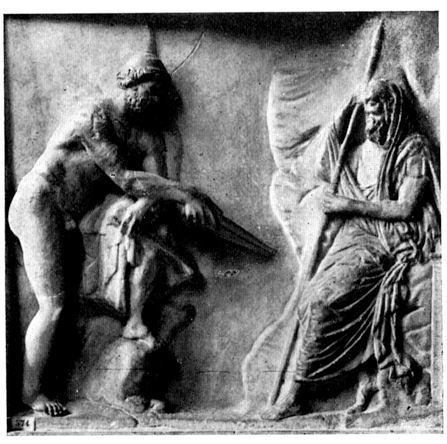
The Tiresias Complex

An ethical dilemma in genetic counseling arises from the gap between what we know how to diagnose and what we know how to treat. Wexler (1992) calls this dilemma the Tiresias Complex.
In Sophocles' drama Oedipus the King, the city of Thebes is ravaged by plague. Oedipus, King of Thebes, consults Tiresias, blind but possessed of the gift of prophecy. Tiresias knows that the cause is the Gods' outrage at Oedipus' murder of his own father and incestuous marriage to his own mother, and is reluctant to reveal this knowledge: 'It is but sorrow to be wise when wisdom profits not.' Oedipus demands an answer: "Your silence accuses you." Tiresias replies "Miserable man, I speak, because you accuse me, I speak.... The King is the King's murderer."